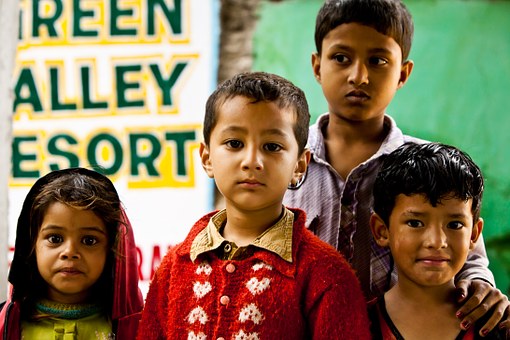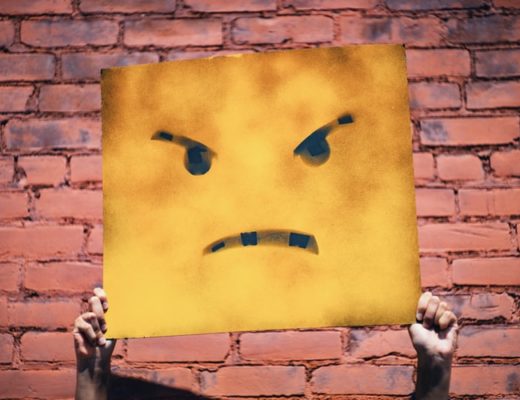Dear Friends,
Welcome to another edition of Reading List !! Thank you for joining.
We have two interesting pieces in this edition.
1. In this interesting piece, Manvir Singh looks at the changing trends in marriage. Perhaps few institutions are as old and universal as marriage. Almost all cultures have adopted marriage as an acceptable mode of running the society with family being the basic unit of it. Whatever be its shortcomings, marriage helps to maintain order and provide a stable platform for bringing up children and to ensure sustenance of society. Though many attempts were made in the past to abolish the institution of marriage, it remains resilient. We just don’t have an alternative yet. However, the question is, is marriage as an institution under threat now? There are indications that a lot of young people are choosing to remain unmarried and habits such as cohabitation are on the rise. Unlike in the past, there is more acceptability for cohabitation, single parenthood etc. There is more government support also for single parents. There are many who prefer the ease of cohabitation as compared to the strict rules of marriage. Marriage as an institution is undergoing a transformation and we must understand that. Please read this informative essay.https://aeon.co/essays/marriage-is-dead-long-live-marriage-how-will-we-couple-up
2. From a personal experience of depression, Philosopher and Psychoanalyst Julie Reshe, takes us on an interesting tour of an overemphasis on positivity and negative connotations associated with suffering and sadness. We are frequently told that life is all about chasing happiness and in that process, we come under several illusions. For the modern world, emotional suffering is always a problem and a stigma to be solved at any cost. The question Julie asks is whether positive thinking is a biased grasp of reality. We know very well that life is a mix of sad events and happy experiences with often sadness dominating lives. Further, it is also true that we see reality more clearly when we are sad. The author links the current obsession with positivity to the void left by religion which used to supply the notion of salvation from all suffering in the past. Accordingly in the modern world, salvation becomes something to be attained in this world itself.
Quoting Martin Heidegger, the author tells us that in the noise of our everyday lives we forget the futility and meaninglessness of our existence. As the author cleverly argues, sadness reinforces critical thinking: it helps people reduce judgmental bias, improve attention, increase perseverance, and generally promotes a more sceptical, detailed and attentive thinking style. The essay also briefly treat the various defence mechanism against suffering and reality as proposed by Philosopher Peter Wessel Zapffe. As the writer, Julie Reshe emphatically concludes, an alternative to running away from a life through illusion is to explore an illusion-free space for as long as possible, so as to become more capable of bearing the reality of a disillusioned and concrete life. Read this hugely illuminating essay here.https://aeon.co/essays/the-voice-of-sadness-is-censored-as-sick-what-if-its-sane
HAPPY READING!!






No Comments